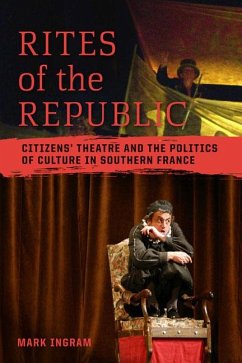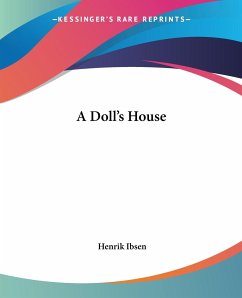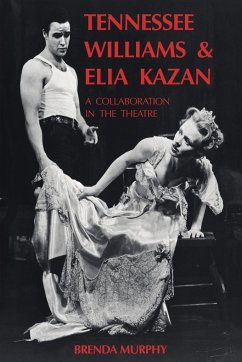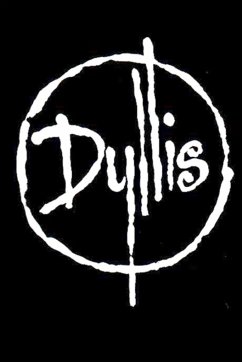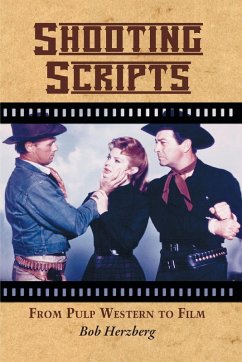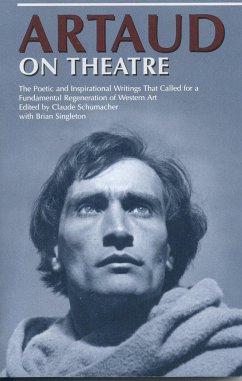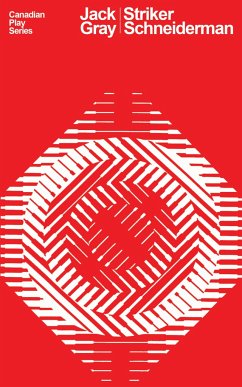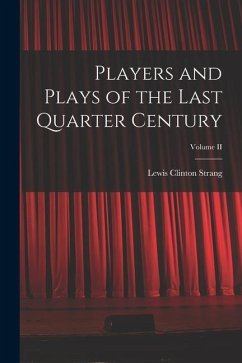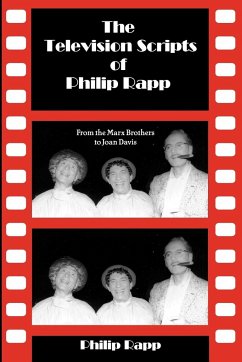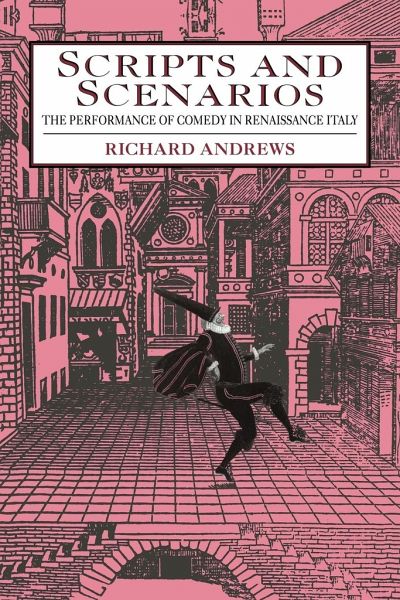
Scripts and Scenarios
The Performance of Comedy in Renaissance Italy

PAYBACK Punkte
26 °P sammeln!
Examines in a different light the innovative and influential scripted comedies of the Italian Renaissance.The Italian Renaissance produced a new type of stage comedy, experimental and even revolutionary in its time, by copying and updating the dramatic formats of Plautus and Terence from ancient Rome. These scripted comedies, first written and performed for private audiences, ranged in tone from sober moralism to scurrilous farce, and influenced European dramatists from Shakespeare to Molière and Lope de Vega. This book gives an account of how the new dramatic experiment was born and grew, mo...
Examines in a different light the innovative and influential scripted comedies of the Italian Renaissance.
The Italian Renaissance produced a new type of stage comedy, experimental and even revolutionary in its time, by copying and updating the dramatic formats of Plautus and Terence from ancient Rome. These scripted comedies, first written and performed for private audiences, ranged in tone from sober moralism to scurrilous farce, and influenced European dramatists from Shakespeare to Molière and Lope de Vega. This book gives an account of how the new dramatic experiment was born and grew, moving from closed courtly audiences to a wider public. It examines the performing values of these scripts rather than their literary qualities, in order to demonstrate their links with improvised commedia dell'arte, and thus explores a crucial phase in the development of European theatre. It will be of interest to scholars and students in both theatre history and Italian studies.
Review quote:
"Simplicity and clarity are exactly the major merits of this excellent volume that should be welcomed especially on this side of the Atlantic for filling up a gap in the history and evaluation of the Italian theater of the sixteenth century....[An] excellent book." Robert C. Melzi, Sixteenth Century Journal
"The volume is...both an excellent introduction to sixteenth century Italian theater and an innovative approach to the development from amateur learned comedy to professional comic theater. The emphasis it places on the texts as works to be performed rather than as literature to be ananlyzed is a welcome change and a solid contribution to the histroy of Italian theater in the Renaissance. And it its synthetic, chronological approach it is so highly suitable for class adoptions that one hopes the publisher will soon offer it in a a paperback version." Konrad Eisenbichler, Wintev
"In his insightful and witty study, Richard Andrews remedies the disparity between scholars' recognition of Italian Renaissance playwrights' pioneering role in 'a modern European concept of theatre' and their inadequate familiarity with the actual texts, performances and audiences." Richard Andrews, Renaissance Quarterly
"...Lew Andrew's book makes important scholarly contributions to our understanding of the narrative tradition and its place in the art and culture of the Renaissance." Sara Nair James, Sixteenth Century Journal
Table of contents:
Preface; Introduction: Italy in the sixteenth century; 1. Precedents; 2. The first 'regular' comedies; 3. The second quarter-century, outside Venice; 4. The second quarter-century, Venice and Padua; 5. Improvised comedy; 6. Obstacles to comedy; 7. Scripts and scenarios; Notes; Chronological bibliography of comedies, 1500(?)1;1560; General biblography.
The Italian Renaissance produced a new type of stage comedy, experimental and even revolutionary in its time, by copying and updating the dramatic formats of Plautus and Terence from ancient Rome. These scripted comedies, first written and performed for private audiences, ranged in tone from sober moralism to scurrilous farce, and influenced European dramatists from Shakespeare to Molière and Lope de Vega. This book gives an account of how the new dramatic experiment was born and grew, moving from closed courtly audiences to a wider public. It examines the performing values of these scripts rather than their literary qualities, in order to demonstrate their links with improvised commedia dell'arte, and thus explores a crucial phase in the development of European theatre. It will be of interest to scholars and students in both theatre history and Italian studies.
Review quote:
"Simplicity and clarity are exactly the major merits of this excellent volume that should be welcomed especially on this side of the Atlantic for filling up a gap in the history and evaluation of the Italian theater of the sixteenth century....[An] excellent book." Robert C. Melzi, Sixteenth Century Journal
"The volume is...both an excellent introduction to sixteenth century Italian theater and an innovative approach to the development from amateur learned comedy to professional comic theater. The emphasis it places on the texts as works to be performed rather than as literature to be ananlyzed is a welcome change and a solid contribution to the histroy of Italian theater in the Renaissance. And it its synthetic, chronological approach it is so highly suitable for class adoptions that one hopes the publisher will soon offer it in a a paperback version." Konrad Eisenbichler, Wintev
"In his insightful and witty study, Richard Andrews remedies the disparity between scholars' recognition of Italian Renaissance playwrights' pioneering role in 'a modern European concept of theatre' and their inadequate familiarity with the actual texts, performances and audiences." Richard Andrews, Renaissance Quarterly
"...Lew Andrew's book makes important scholarly contributions to our understanding of the narrative tradition and its place in the art and culture of the Renaissance." Sara Nair James, Sixteenth Century Journal
Table of contents:
Preface; Introduction: Italy in the sixteenth century; 1. Precedents; 2. The first 'regular' comedies; 3. The second quarter-century, outside Venice; 4. The second quarter-century, Venice and Padua; 5. Improvised comedy; 6. Obstacles to comedy; 7. Scripts and scenarios; Notes; Chronological bibliography of comedies, 1500(?)1;1560; General biblography.





